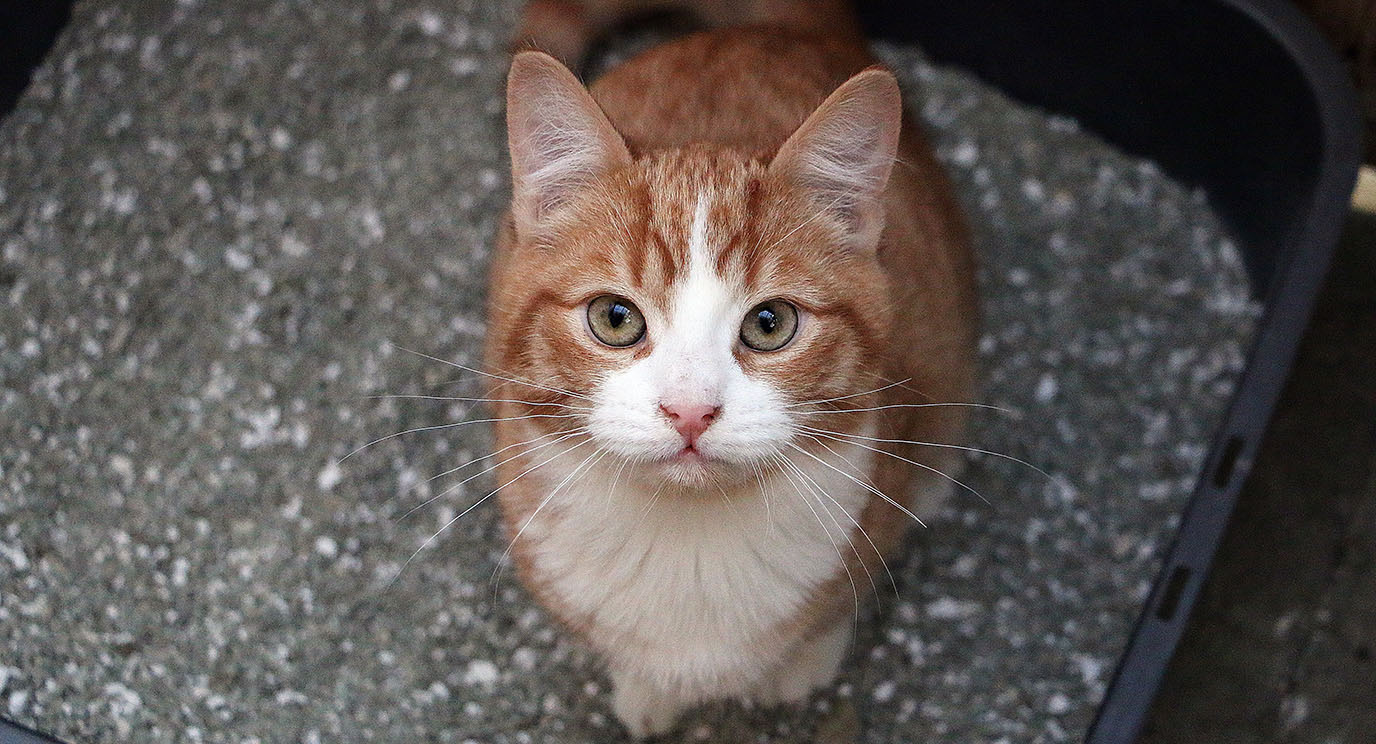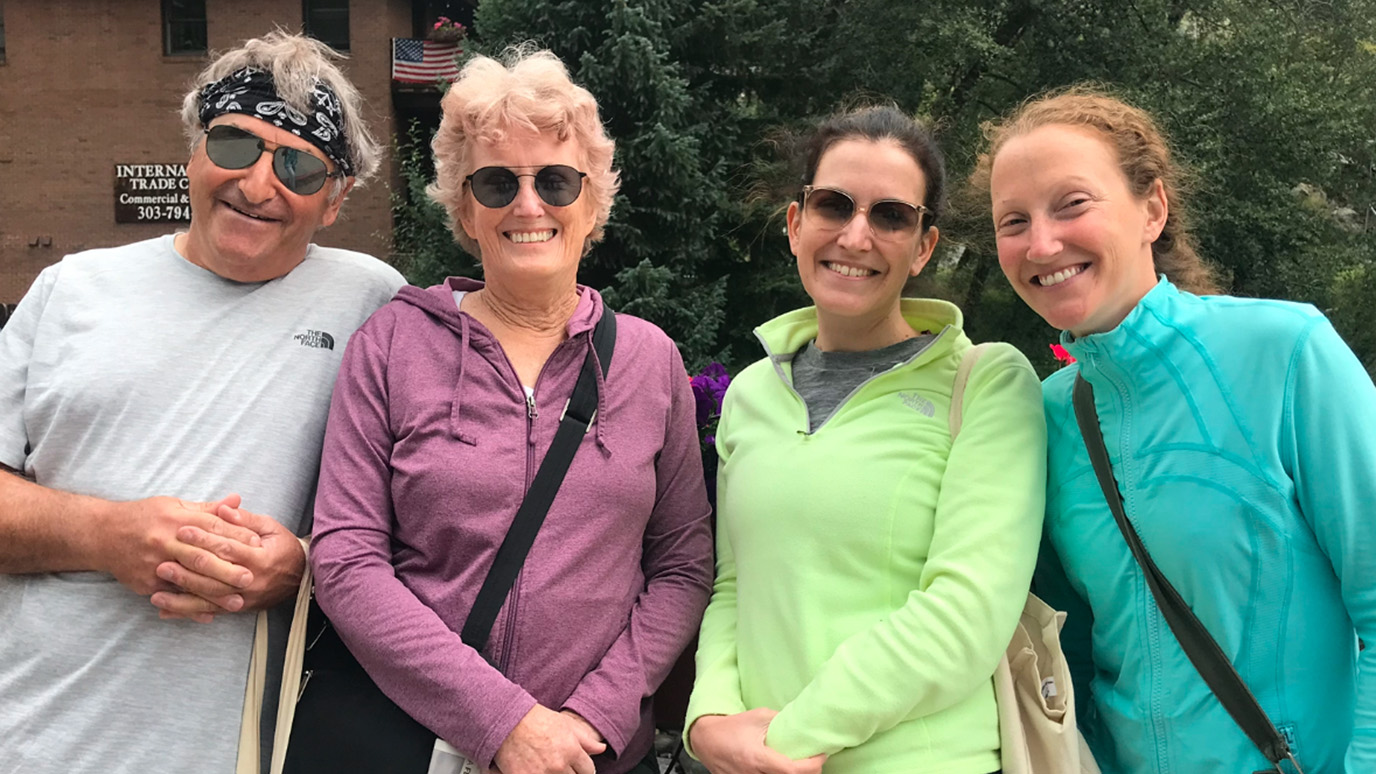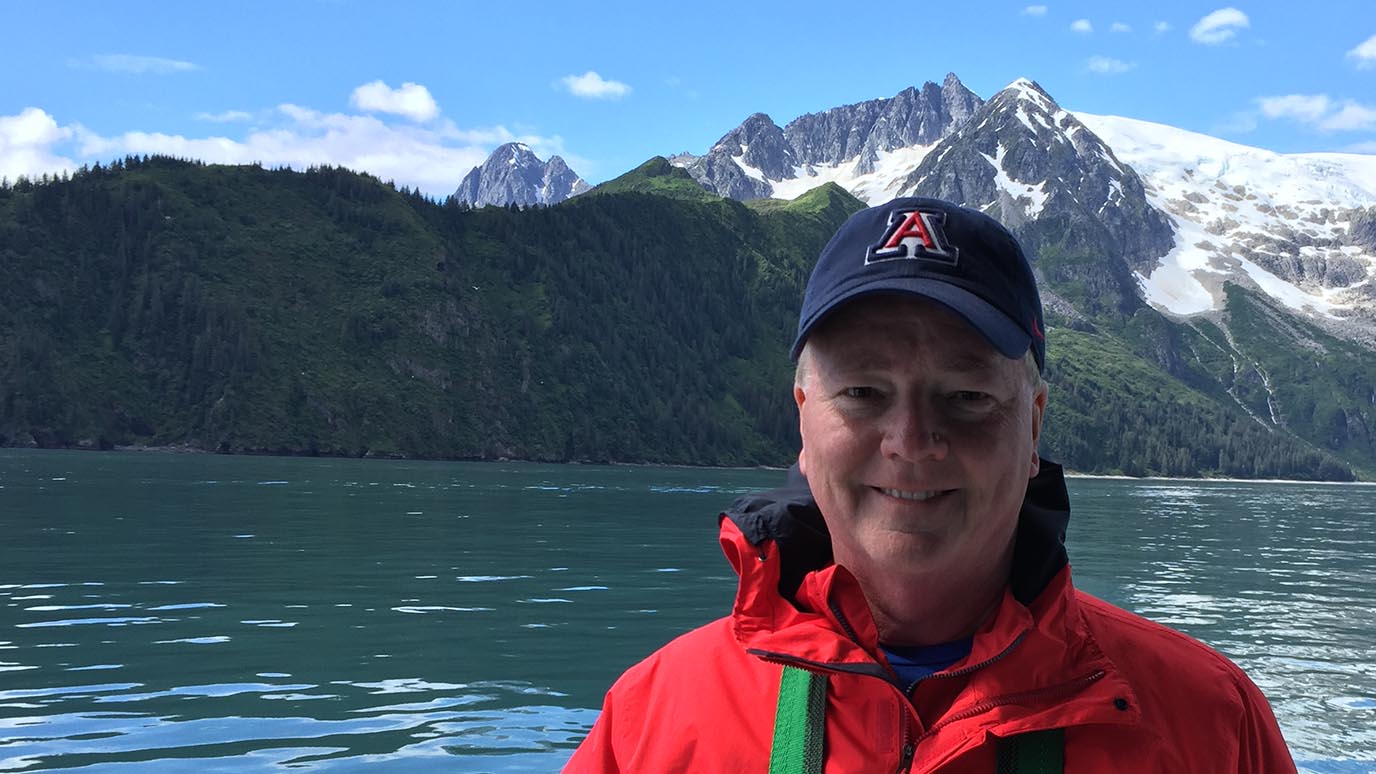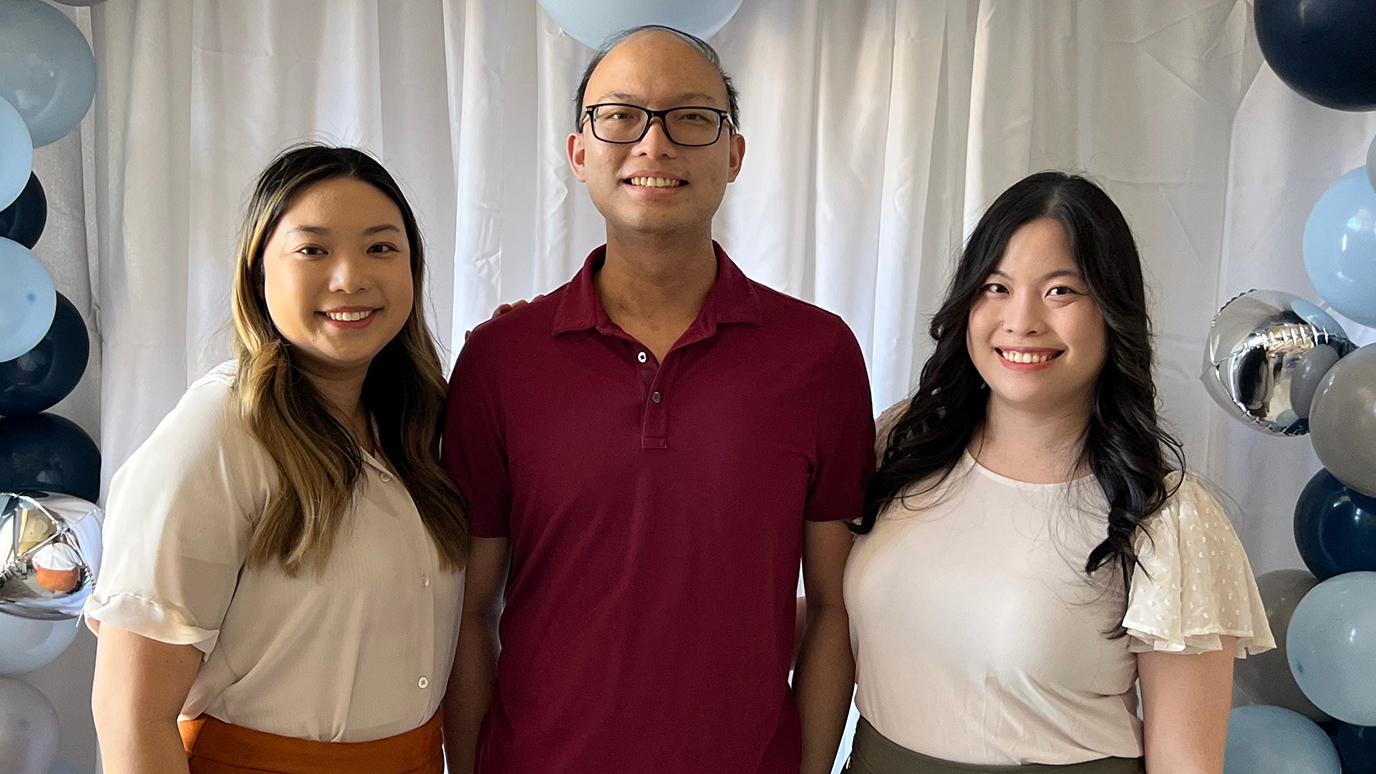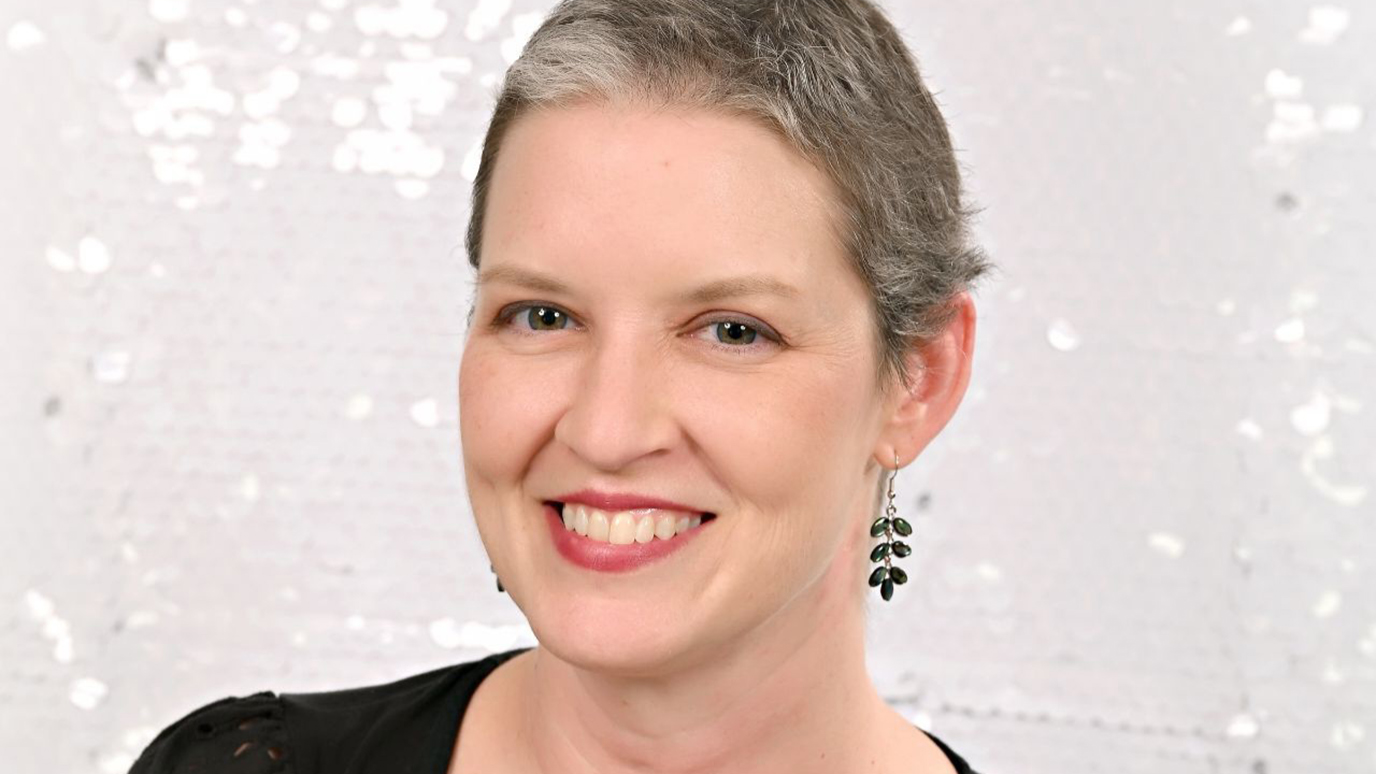- Diseases
- Acoustic Neuroma (14)
- Adrenal Gland Tumor (24)
- Anal Cancer (66)
- Anemia (2)
- Appendix Cancer (16)
- Bile Duct Cancer (26)
- Bladder Cancer (68)
- Brain Metastases (28)
- Brain Tumor (230)
- Breast Cancer (718)
- Breast Implant-Associated Anaplastic Large Cell Lymphoma (2)
- Cancer of Unknown Primary (4)
- Carcinoid Tumor (8)
- Cervical Cancer (154)
- Colon Cancer (164)
- Colorectal Cancer (110)
- Endocrine Tumor (4)
- Esophageal Cancer (42)
- Eye Cancer (36)
- Fallopian Tube Cancer (6)
- Germ Cell Tumor (4)
- Gestational Trophoblastic Disease (2)
- Head and Neck Cancer (6)
- Kidney Cancer (126)
- Leukemia (344)
- Liver Cancer (50)
- Lung Cancer (288)
- Lymphoma (284)
- Mesothelioma (14)
- Metastasis (30)
- Multiple Myeloma (98)
- Myelodysplastic Syndrome (60)
- Myeloproliferative Neoplasm (4)
- Neuroendocrine Tumors (16)
- Oral Cancer (100)
- Ovarian Cancer (170)
- Pancreatic Cancer (164)
- Parathyroid Disease (2)
- Penile Cancer (14)
- Pituitary Tumor (6)
- Prostate Cancer (144)
- Rectal Cancer (58)
- Renal Medullary Carcinoma (6)
- Salivary Gland Cancer (14)
- Sarcoma (236)
- Skin Cancer (296)
- Skull Base Tumors (56)
- Spinal Tumor (12)
- Stomach Cancer (60)
- Testicular Cancer (28)
- Throat Cancer (90)
- Thymoma (6)
- Thyroid Cancer (98)
- Tonsil Cancer (30)
- Uterine Cancer (78)
- Vaginal Cancer (14)
- Vulvar Cancer (18)
- Cancer Topic
- Adolescent and Young Adult Cancer Issues (20)
- Advance Care Planning (10)
- Biostatistics (2)
- Blood Donation (18)
- Bone Health (8)
- COVID-19 (362)
- Cancer Recurrence (120)
- Childhood Cancer Issues (120)
- Clinical Trials (628)
- Complementary Integrative Medicine (24)
- Cytogenetics (2)
- DNA Methylation (4)
- Diagnosis (230)
- Epigenetics (6)
- Fertility (64)
- Follow-up Guidelines (2)
- Health Disparities (14)
- Hereditary Cancer Syndromes (124)
- Immunology (18)
- Li-Fraumeni Syndrome (8)
- Mental Health (118)
- Molecular Diagnostics (8)
- Pain Management (62)
- Palliative Care (8)
- Pathology (10)
- Physical Therapy (18)
- Pregnancy (18)
- Prevention (898)
- Research (392)
- Second Opinion (74)
- Sexuality (16)
- Side Effects (604)
- Sleep Disorders (10)
- Stem Cell Transplantation Cellular Therapy (216)
- Support (404)
- Survivorship (322)
- Symptoms (184)
- Treatment (1776)
Leukemia survivor: How I found confidence in my treatment plan
3 minute read | Published January 18, 2022
Medically Reviewed | Last reviewed by an MD Anderson Cancer Center medical professional on January 18, 2022
In January 2017, I was 24 years old and had just started working in a hospital in the northeast. Mere days after starting my new job, my dad was diagnosed with metastatic liver cancer. He was hospitalized where I worked, so I was able to have lunch with him every day. A few months later, I had to be admitted to the hospital when I started having severe stomach pain while visiting him.
The doctors thought I may have a hernia. I’d been having intense chills while trying to sleep, but I chalked it up to stress and the fact that it was wintertime.
Bloodwork revealed that I had leukemia. Initially, my doctors diagnosed me with chronic myeloid leukemia and started me on a three-day, high-dose course of the chemotherapy drug hydroxyurea. I lost a lot of weight in a short period of time during my first round of chemotherapy.
Corrected diagnosis led me to MD Anderson
A few days later, the results from a bone marrow biopsy corrected my diagnosis: I had Philadelphia-positive acute lymphoblastic leukemia. I no longer felt confident in my treatment plan and decided to seek a second opinion.
A friend who worked at MD Anderson suggested I make an appointment there, so I requested an appointment online.
Two days before my first appointment at MD Anderson, my dad passed away. I was heartbroken, but I knew I had to keep going forward with my cancer treatment. A day later, I was on a plane to Houston.
Finding peace in acute lymphoblastic leukemia treatment at MD Anderson
When I arrived at MD Anderson, I met with leukemia specialist Hagop Kantarjian, M.D., whom I now call ‘the magic man.’ After additional bloodwork, Kantarjian confirmed my corrected diagnosis. He laid out treatment plan of four cycles of chemotherapy and four cycles of the immunotherapy drug blinatumomab over the course of seven months.
I didn’t feel great during chemotherapy, but it wasn’t nearly as bad as my experience with hydroxyurea. I still had difficulty with low appetite and keeping weight on. I had no side effects from the immunotherapy , which was a pleasant surprise.
During treatment, I stayed at the Rotary House for the first couple of weeks, then rented an apartment in the area. My mom stayed with me during treatment. We met so many people at MD Anderson and in the community who were kind and understanding of my situation. That made a big difference in keeping me positive.
My treatment at MD Anderson was physically and emotionally easier on me than my first experience. My care team’s reassurance and confidence in my treatment plan went a long way to ease my mind.
In October 2017, I completed treatment. My care team found no evidence of disease. I was able to go home and restart my life again. I now see a doctor near my home in Washington, D.C., every three months and return to MD Anderson every six months.
Do something you enjoy every day
My cancer diagnosis and treatment happened during a very difficult time in my life. Not only was I was grieving the loss of my dad; I was also in the hospital when Hurricane Harvey hit Houston. More recently, the COVID-19 pandemic has forced me to stay vigilant about avoiding infection.
Still, I view my time during treatment as a gift. While I was battling this horrible thing, I figured I could at least slow down and pick up my hobbies. I could read or I could crochet - the possibilities were endless. With that mindset, I found that I was able to use the time to try new skills.
It might seem more than difficult for a while, but I always encourage anyone going through cancer treatment to do little things that brings you joy every single day. If all you do is think about cancer and treatment, it’s miserable. That’s why a distraction can be powerful. Instead of focusing on, “What will I do when I’m better?” think of it as “At this point, I can do anything.”
Request an appointment at MD Anderson online or by calling 1-855-407-6042.
Related Cancerwise Stories

My doctor’s confidence in my treatment plan went a long way to ease my mind.
Alexandre Alves
Survivor

